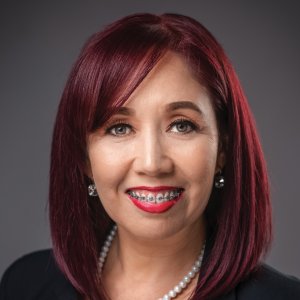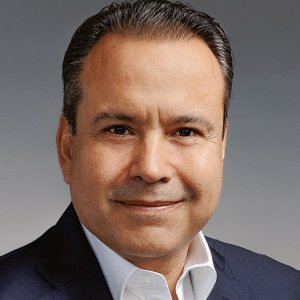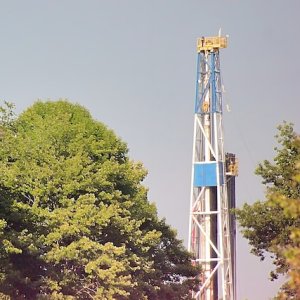New Legal Structures for Future Energy Projects

STORY INLINE POST
In uncertain times, it is only natural to seek clarity from trusted sources of information and advice. For many companies entering the Mexican renewable energy sector, the law firm of Goodrich, Riquelme seeks to be just such a source. Taking into account the opportunities the sector is offering, the firm has specialized in providing full legal services for renewable energy projects, as well as providing clients with “information, knowledge and advice in taxation, forecasts and labor law issues”, among other topics, according to Junior Partner Diana Sasse. “We know the market, we know the companies that are active in the market, we know their projects, and we know what the off-takers are trying to get.” Goodrich Riquelme’s ability to work across several renewable energy sources and projects saw its Energy and Natural Resources practice group top Chambers & Partners’ 2014 ranking for Mexico.
So, given the bonds of trust and reliance that Goodrich Riquelme has developed with its clients, how does Sasse see her clients reacting to the expected impact that the climate law and energy reform will have on the renewable energy sector? The answer is simple: they are waiting. The climate law has not had any impact for now, according to Sasse. A major impact will be felt, should it be implemented, in areas such as the creation of an emissions registry for municipalities but this is yet to be confirmed. As for the Energy Reform, improvements to the current landscape would be welcomed but companies are still working under the best schemes through which they will enter the market. However, Sasse is encouraged by signs that lobbying is working as the renewable energy sector fights its corner. “In the first version of the tax reform, the right to deduct the 100% of investments in renewable energy equipment and machinery was deleted.
However, after its discussion and subsequent approval in Congress of the Union, the right to deduct the 100% was reinserted in the tax laws, while also granting the right to deduct 100% of investment in efficient cogeneration equipment and machinery. This shows the renewable energy sector already has good lobbying in place,” she explains.
Given this backdrop, it is not surprising that much of Goodrich Riquelme’s strategies are aimed at dispelling the uncertainty investors might have when developing a project. CFE’s contract and permit process can be daunting to companies entering the Mexican market but Goodrich Riquelme´s lawyers have made navigating this process a specialty. From the outset, the firm seeks to ease this process by ensuring that their clients’ pre-feasibility studies are carried out in a complete fashion. This helps to smooth out the process with CFE by showing their clients are to be taken seriously.
Much of Goodrich Riquelme’s recent work has been to provide support for legal issues relating to the growth of the PV sector over the last two years. One major aspect of this work has been legal questions stemming from how CFE could buy and distribute energy from small power producers. “If financial institutions are willing to finance small power producers, CFE’s capacity to buy energy in the development pipeline would be boosted,” says Sasse. “One positive issue about PV development is that the transmission infrastructure is still sufficient, the limitations facing wind power do not apply to PV yet.”
This focus on PV projects has entailed Goodrich Riquelme working on new legal structures for the energy sector, particularly for off-takers that create public-private partnerships with public entities, municipalities or states. The legal framework to implement these projects is in place, Sasse confirms, but this marks the first time such structures would be put in place. The law firm is also working with industrial clients that are planning to implement bioenergy projects as well as efficient cogeneration plants. The latter plants can start at a capacity of 12MW, which represents a substantial amount when compared with PV plants, according to Sasse.
Another area that the law firm is on guard against covers any potential disputes with government institutions. Sasse is quick to dispel any doubts her clients might have about the Mexican judicial system. “We can find reasonable sentences in federal courts,” she confirms, stating a case where a company, represented by Goodrich Riquelme, won a decision against a municipality over a contract dispute. “I do not agree with people that say that you cannot find justice in Mexico, the main difference is the cultural issue. There is a culture here of not going to court.”
Ultimately, Goodrich Riquelme recommends that it is to be better safe than sorry. To ensure this, all clients are told to do their best to fulfill every requirement, even if said compliance is not a legal must. In this way, by considering the needs of clients, CFE, CRE and even landowners, the risk of litigation is drastically minimized.






















